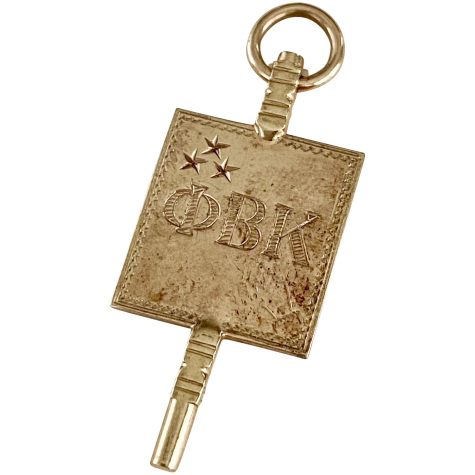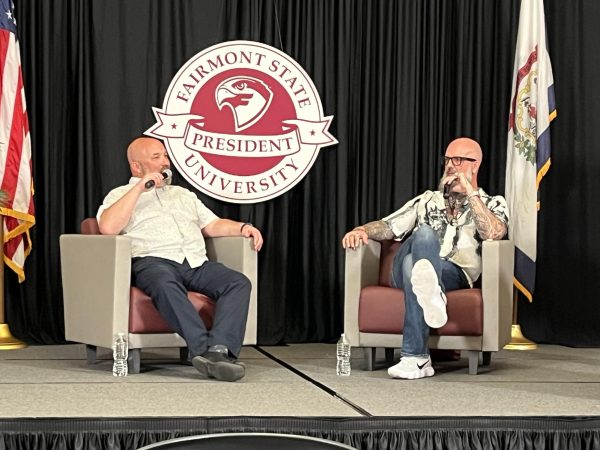How College Greek Life Began as a Secret Society
The very first fraternity, Phi Beta Kappa, was established on December 5, 1776, at the College of William and Mary. It was founded by five students during the American Revolution and was started as an intellectual society of debate and a secret society for college students. Although it was kept secret for years, Phi Beta Kappa did end up disclosing their secrets and bylaws in 1831. Today some fraternities and sororities still keep their traditions and constitutions secret, while others will publish them.

The reason it is referred to as “Greek Life” is because they used the Greek alphabet when naming fraternities. The founding members of Phi Beta Kappa decided that they wanted the name to be in encryption and concluded that the Greek name would only be decipherable to students who were in the know and had the intellectual shrewdness to recognize the language.
Fraternities have many long-standing traditions, and when many fraternities were first founded, they decided to have initiation rites and ceremonies. They frequently borrowed their traditions from different aspects of cultural and historical practices. They appropriated Jewish and Christian scriptures, as well as philosophy and literature from ancient Greeks and Romans. Their practices were also influenced by chivalric traditions, military codes of honor, and precepts and forms of Freemasonry.
Chapter houses for fraternities did not become a common thing until the 1890s. Before this, most fraternities were small with usually no more than 30 members because they did not have access to places with a lot of space to meet, they were usually meeting in dorm rooms or the occasional classroom. Also, having small numbers made it financially impossible for them to be able to afford a house.
In the 1890s, some groups had enough alumni that were successful and donated money and services to their fraternity chapter to get a house. Although, with a house came more responsibility for the active members in the chapter. They had to make sure that the bills were being paid, that the house was being cleaned, and that the property was being maintained. This gave members the chance to have more responsibility and learn leadership skills.
Fraternities were not only for men, as there were fraternities also for women. There is a lot of debate over what was the first sorority because all female fraternities were already established, but the first sorority to use the term “sorority” was Gamma Phi Beta. The sorority was founded in 1874 at Syracuse University, but the term sorority was coined in 1882 by their male advisor, who was a professor of Latin and thought it suited them better. This is because the term fraternity comes from the Latin word “fraternitas” meaning brotherhood, and the Latin word “soror” means sister, thus giving us the term sorority.
Originally, members were formally invited to join the fraternity and were initiated one by one, usually on separate occasions. However, with the rise and growth of Greek life organization, and many Greek life organizations having their own houses that needed to maintain membership, they often frantically competed for the interest of incoming freshmen. The term “rush” comes from this time when fraternities were literally rushing to get to the freshmen before the other fraternities. Rush is also referred to as “recruitment,” referring to the active role a chapter takes to find the very best members to join their organization.
Do you think secret societies still exist on college campuses? Do you think Fairmont State University has one? Would you join a secret society? Let us know in the comments!








